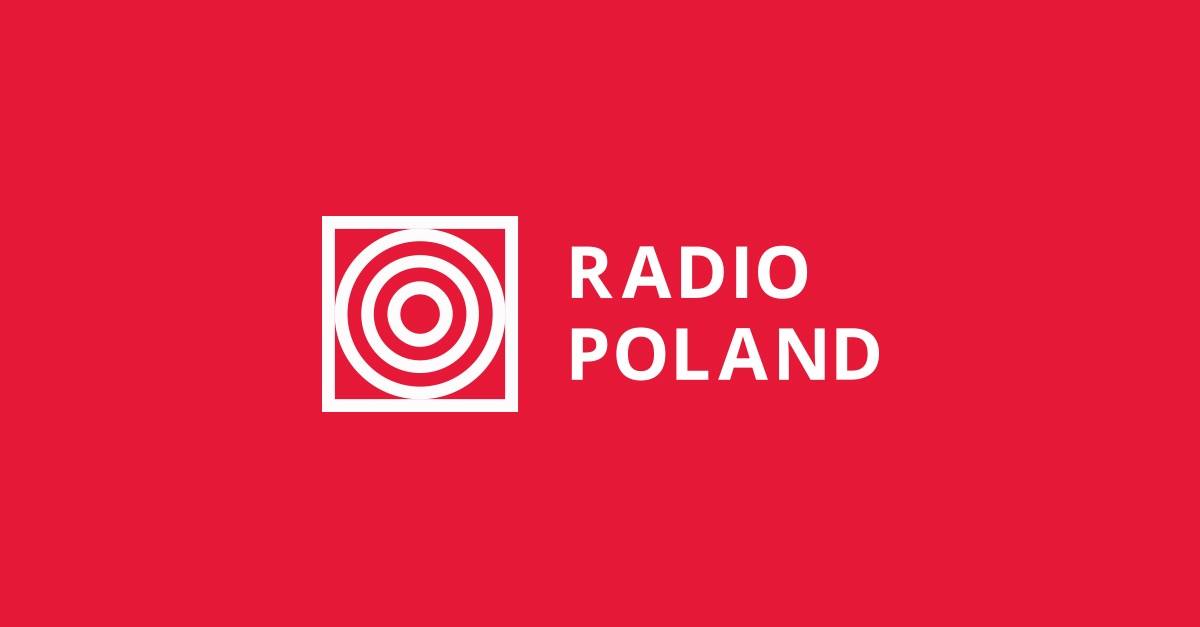Auschwitz Museum director Piotr Cywiński has condemned the recent use of Holocaust references in the political discourse surrounding migrants.
Photo:gov.pl
This comes in response to controversial remarks by right-wing outlet Telewizja Republika’s publicist Marek Król and satirist Jan Pietrzak, who employed references to German concentration camps in their public comments about the recently approved EU migrant pact.
In a statement on the X platform, Cywiński expressed his dismay and embarrassment at the exploitation of the tragedy of Auschwitz victims for political gains. He stressed that freedom of speech should not be misinterpreted as a license to make discriminatory and dehumanizing statements. „For freedom of speech does not mean freedom to make discriminatory and dehumanizing proclamations,” Cywiński stated emphatically.
Highlighting the gravity of the situation, Cywiński warned of the „moral degeneration of public discourse” and the dangers of using dehumanizing language, which he described as the „first step to a tragedy.” He emphasized the responsibility of not only the authors of such remarks but also those who publicize them.
The statements by Król and Pietrzak on Telewizja Republika have sparked outrage. Król made controversial comments about the relocation of migrants, likening it to a „Nazi idea” and mentioned the „chipping” and „tattooing of numbers” on migrants. Similarly, Pietrzak made remarks referencing concentration camps in Poland, suggesting they could be used for immigrants.
Established in 1940 by the Germans to imprison Poles, Auschwitz-Birkenau became a site of mass extermination, primarily of Jews. Over 1.1 million people were killed at Auschwitz, including almost a million Jews. The museum noted that Auschwitz was the only German camp where prisoners were tattooed with numbers, a practice that began with Soviet prisoners of war in 1941.
The EU’s new Pact on Migration and Asylum, finalized in December 2023, represents a significant overhaul of the EU’s migration and asylum policies. This comprehensive set of regulations and policies aims to create a fairer, more efficient, and sustainable system for managing migration and asylum within the EU. It is designed for long-term management and normalization of migration, ensuring certainty, clarity, and decent conditions for people arriving in the bloc.
Source: Polskie Radio 24, PAP

